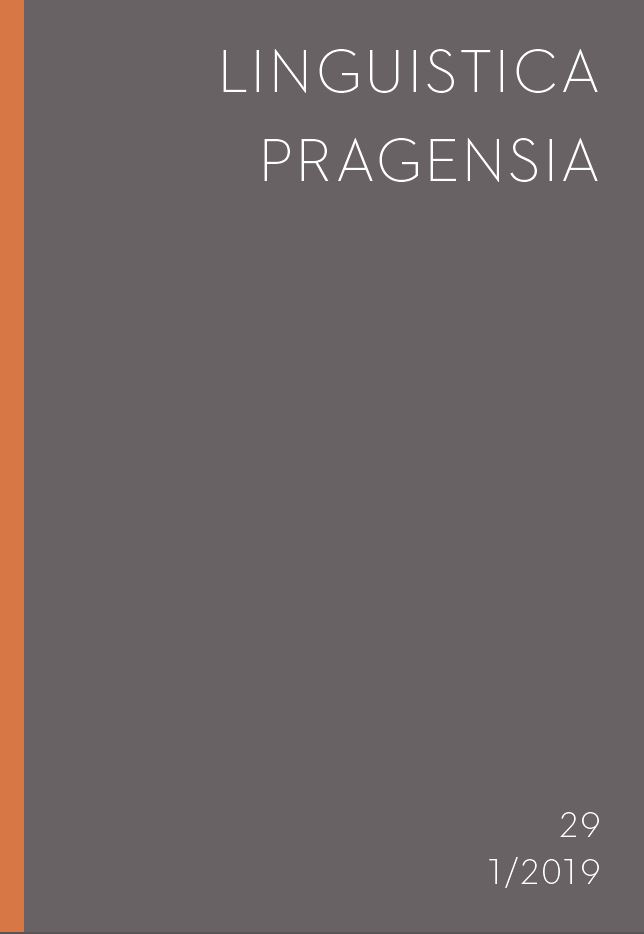Lexical idioms: what is regular and what anomalous in word-formation
Lexical idioms: what is regular and what anomalous in word-formation
Author(s): Kateřina VaškůSubject(s): Language and Literature Studies, Semantics
Published by: Univerzita Karlova v Praze - Filozofická fakulta, Vydavatelství
Keywords: phraseology; idiom; anomaly; word-formation; semantics;
Summary/Abstract: Traditionally, phraseology deals with multi-word lexical units. However, mentions of idiomatic compounds and derivatives, i.e. lexical idioms, are far from scarce in linguistic literature even though their only systematic treatment appears to have been presented by Čermák (2007a, b). The present paper attempts to analyse complex words in English to explore the relation between the regular and the idiomatic in word-formation. The study is carried out on a sample of 1000 lexemes from BNC. The sample contains 681 complex lexemes of which 381 are regular and 300 contain one or more anomalies. The results point to an unexpectedly high number of formal anomalies and this leads to the conclusion that non-productivity should not be a criterion of idiomaticity in English due to a high number of relatively systematic, but unproductive structures. Idiomaticity is seen as a scalar value influenced by the degree of opaqueness, discrepancy between word-formation and lexical meaning, and presence of formal or collocational anomaly.
Journal: Linguistica Pragensia
- Issue Year: 29/2019
- Issue No: 1
- Page Range: 29-46
- Page Count: 18
- Language: English

